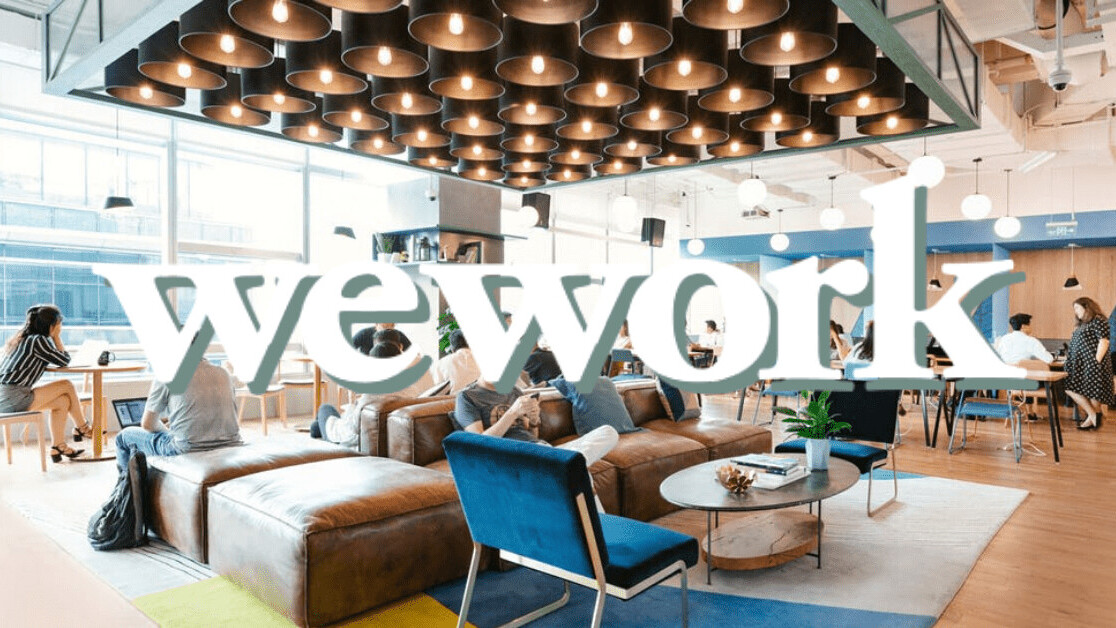2019 has been hell of a ride for the coworking industry. Alongside reports of unprecedented growth of flexible ‘coworking,’ we’ve also watched one of the biggest media furors unfold with our industry’s first mover, WeWork.
Funny enough, I’ve been on parental leave since September with my second child, and in that time, WeWork pulled out of their IPO plans, changed leadership, announced job cuts, were bailed out, and at the time of writing this, they have reported a net loss of $1.25 billion in the third quarter of 2019.
As pioneer in coworking, I get asked every week about whether our team saw it coming, whether we’re enjoying the decline of the sector’s most established player and whether this is the beginning of the end.
But those conversations are so unhelpful. The news of pending job cuts means people’s livelihoods are on the line and the industry is going to lose good people along with a lot of category knowledge.
It’s also not symptomatic of all coworking providers, or reflective of an industry drinking its own Kool-Aid. I still believe, as I always have, that when done right, coworking has the power to build genuine communities, and communities equipped with the right network and skills can go on to do amazing things. Of course, I would say that; as you’ll have seen from my byline, I have a vested interest!
I’m not going to gloss over the truth of what’s happening in the market, and pretend that the WeWork news hasn’t been a wake-up call. Whether you regard WeWork’s difficulties as a ‘blip’ in its history, or a cautionary tale for fellow high growth businesses, there are so many takeaways we can all take under our wing.
Process over product
For too long, coworking has marketed itself to the world on trends and hype. But people don’t buy hype, they buy value and substance. What value looks like to a coworking member will of course vary business to business, person to person. Maybe it’s opportunities to connect with others via in-house mentoring. Maybe it’s a space that invests in supporting underrepresented founders.
Looking to the future, coworking providers are going to have to get under the skin of their members, get personal, know what makes their community tick and encourage feedback loops.
Yes, a decent coffee machine and bolshy motivational prints on the walls are nice to have. But that’s all they are: nice to haves. In 2020, the successful coworking spaces will be the ones who don’t try to trade off scale and hype with member experience.
To use the words of WeWork themselves: “The growth stories don’t sell anymore.”
Say goodbye to short-termism
There’s a lot of short-termism in the industry — short leases, quick moves, fast fixes. A lot of providers leverage this perception of the casual, throwaway culture of startups, capitalizing on a high turnover of startup members.
What this means in practice is a failure to create a culture of accountability. If you view your members as a flash in the pan, what does that mean for how you invest in their growth?
This type of short-term thinking caps innovation, and it leaves us in situations like Brexit, or the health of the planet. In 2020, this needs to change.

A re-focusing on innovation
The flip side of course is that only taking on larger enterprise members in order to prioritize stable returns isn’t the answer, either.
I’ve always believed that coworking is at its best when it acts as a launchpad for new, exciting, innovative startups that are seeking to transform their market. Somewhere along the way, this seems to have got lost among many of our friends in the business. Focus solely on retaining members, rather than helping them develop and grow, and we’ll stagnate. It’s that simple.
As for what 2020 will bring for WeWork specifically, I prefer not to speculate — and in any case it’s difficult to say.
Certainly, the last two to three months have been something of an existential crisis for WeWork, but in every fast-growth, ambitious company it’s normal and healthy for these moments to come. You’ve got to expect them, be prepared, be open-minded and keep going back to your foundations.
Whether or not WeWork will emerge newly resilient remains to be seen. So too does the impact its repositioning will have on the wider property market, members, and landlords will decide that. (WeWork is the second largest commercial property occupier in London, so in theory its demise could have massive ripple effects not only to the office market but to the businesses it houses in the UK.)
But I hope the focus in 2020 can be less about the fall out and more about future proofing the broader ecosystem. Right now, we need stability — no sudden, radical changes. But we also need bravery — the bravery to keep innovating among the noise, and supporting our members to innovate too.
Get the TNW newsletter
Get the most important tech news in your inbox each week.





